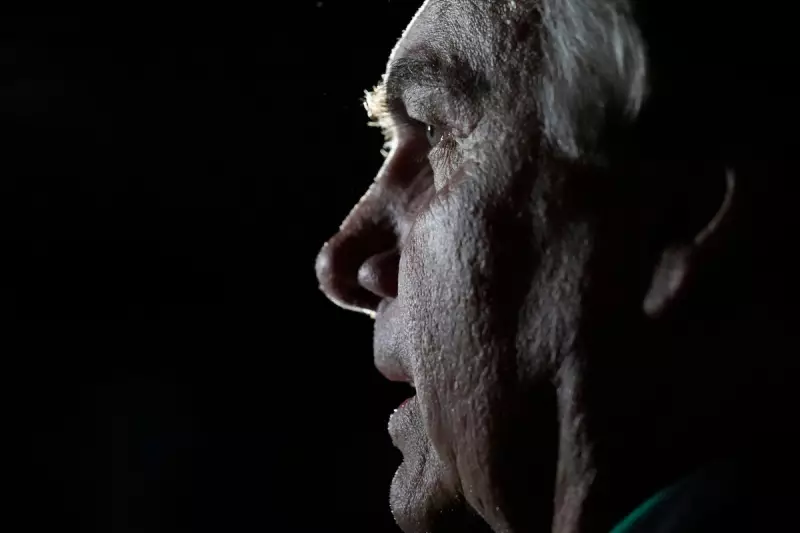
In a dramatic escalation of his legal woes, former Brazilian President Jair Bolsonaro has been formally charged by the country's Supreme Court for his alleged role in masterminding a criminal organisation dedicated to subverting democracy.
The explosive indictment, filed by the office of Supreme Court Justice Alexandre de Moraes, accuses the far-right leader of orchestrating a multifaceted plot to illegitimately cling to power after his electoral defeat to leftist rival Luiz Inácio Lula da Silva in 2022.
The Anatomy of a Coup Plot
The court documents paint a picture of a coordinated effort involving military and civilian aides. Bolsonaro is accused of manipulating the electoral process by:
- Spreading blatant misinformation about the electronic voting system's integrity.
- Authorising a dubious official report from the national intelligence agency to fabricate evidence of electoral flaws.
- Harnessing the power of state media to amplify baseless claims and erode public trust.
A Web of Co-Conspirators
Bolsonaro does not stand alone in the indictment. Eleven of his closest allies, including former ministers, military commanders, and intelligence chiefs, have also been charged. This suggests prosecutors are targeting the entire upper echelon of the alleged conspiracy.
The charges carry severe penalties, with Bolsonaro potentially facing a prison sentence of up to 26 years if convicted on all counts, including attempting to violently overthrow a democratically elected government.
A Nation's Democratic Foundations Tested
This indictment represents the most significant legal challenge ever faced by the controversial former president. It strikes at the heart of a deeply polarised nation still recovering from the January 8th, 2023, riots, where Bolsonaro supporters stormed government buildings in a failed insurrection.
For Brazil, a country that endured a military dictatorship until 1985, the case is a critical test of its democratic institutions and their ability to hold even the most powerful individuals to account.





